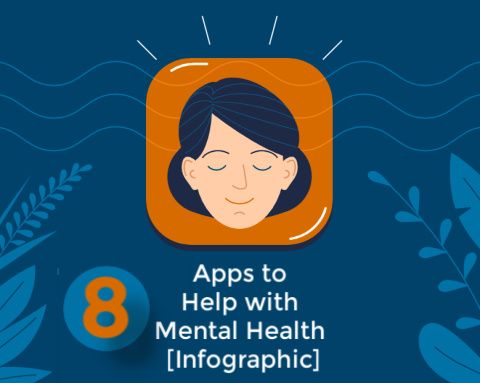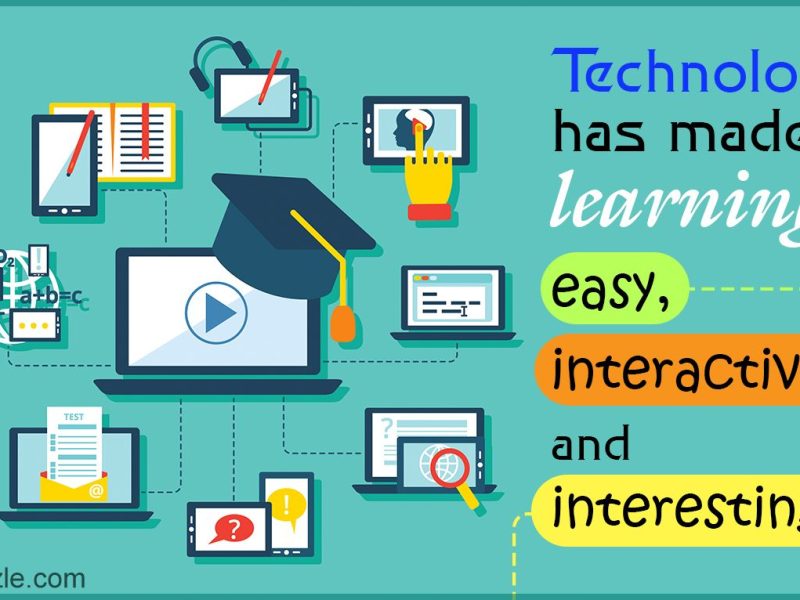In recent years, technology has been playing an increasingly prominent role in helping individuals manage their mental health. From mood tracking apps to online therapy platforms, there are a plethora of digital resources available to support those dealing with mental health issues. This article will delve into the various ways in which technology is being utilized in the mental health space, and highlight some of the top apps and resources that are making a difference.
Mood Tracking Apps
One of the most popular uses of technology in mental health is through mood tracking apps. These apps allow users to log their emotions, thoughts, and behaviors on a daily basis, providing valuable insights into their mental health patterns. By tracking their moods over time, users can identify triggers and trends that may impact their well-being. Some popular mood tracking apps include Moodpath, Daylio, and eMoods.
Therapy and Counseling Platforms
Online therapy and counseling platforms have also become increasingly popular in recent years. These platforms offer users the convenience of accessing mental health support from the comfort of their own homes. Many online therapy platforms connect users with licensed therapists via video chat, phone call, or messaging. This accessibility has been particularly beneficial for individuals who may not have easy access to traditional in-person therapy. Some popular online therapy platforms include BetterHelp, Talkspace, and Calmerry.
Meditation and Mindfulness Apps
Meditation and mindfulness apps have also gained popularity in the mental health space. These apps offer guided meditation sessions, breathing exercises, and other mindfulness practices to help users better manage their stress and anxiety. By incorporating mindfulness into their daily routines, individuals can cultivate a greater sense of calm and focus. Some popular meditation and mindfulness apps include Headspace, Calm, and Insight Timer.
Community Support and Peer Networks
Technology has also facilitated the creation of online communities and peer networks for individuals struggling with mental health issues. These platforms provide a safe space for users to connect with others who may be experiencing similar challenges. By sharing their stories and offering support to one another, individuals can feel less isolated and more understood. Some popular mental health community platforms include 7 Cups, Reddit’s mental health subreddits, and The Mighty.
Telehealth and Virtual Care
Telehealth and virtual care have become increasingly prevalent in the mental health space, especially in light of the COVID-19 pandemic. These services allow individuals to access mental health support remotely, reducing the barriers to care for many. Through video conferencing, phone calls, and messaging, individuals can connect with mental health professionals for therapy sessions, medication management, and other services. Many healthcare providers now offer telehealth options, making mental health care more accessible than ever before.
The Future of Technology in Mental Health
As technology continues to advance, the possibilities for its impact on mental health are endless. From artificial intelligence-powered therapy bots to virtual reality exposure therapy, there are exciting new developments on the horizon. The key will be ensuring that these technologies are ethical, evidence-based, and accessible to all individuals in need. By harnessing the power of technology, we can continue to pave the way for a brighter future in mental health care.
In conclusion, technology has the potential to revolutionize the way we approach mental health care. From mood tracking apps to online therapy platforms, there are a myriad of digital resources available to support individuals in their mental health journeys. By leveraging technology effectively, we can empower individuals to take control of their mental well-being and enhance their quality of life.


